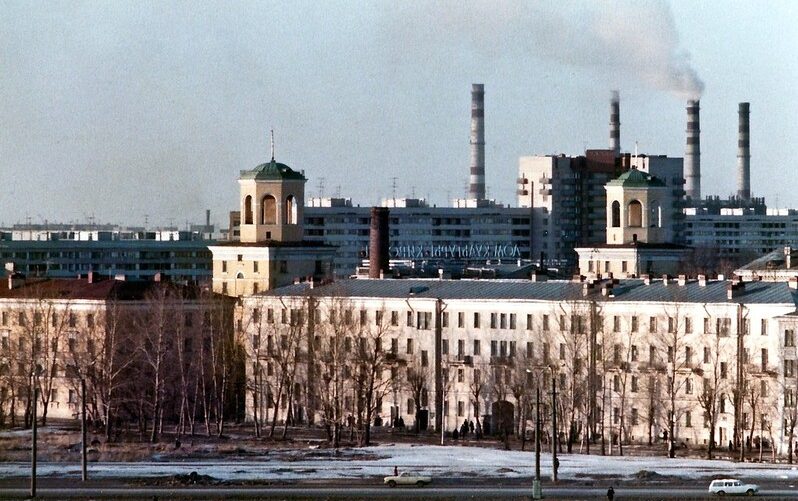
Transformation in Russian Civil Society
This analysis studies the transformations in Russian civil society from the eighteenth through the twenty-first century. It argues that powerful political structures, formed during the Imperial, Soviet and post-Soviet periods, have influenced civil society arrangements in the modern-day Russian Federation. Similar to Russian forms of democracy and the market economy, which diverge substantially from Western European models, civil society as it exists in the RussianFederation has not followed the West’s trajectory of development. This Russian iteration of civil society, which emerged after the collapse of the Soviet Union, is the result of successive transformations across social sectors over several centuries and is justified through various factors unique to the Russian socio-political context.

